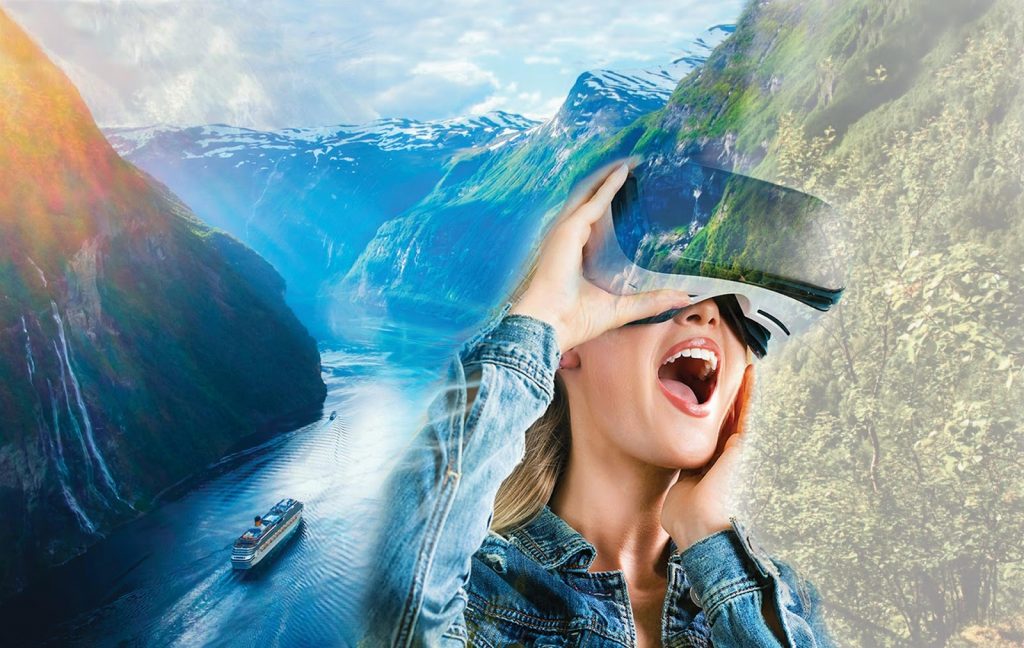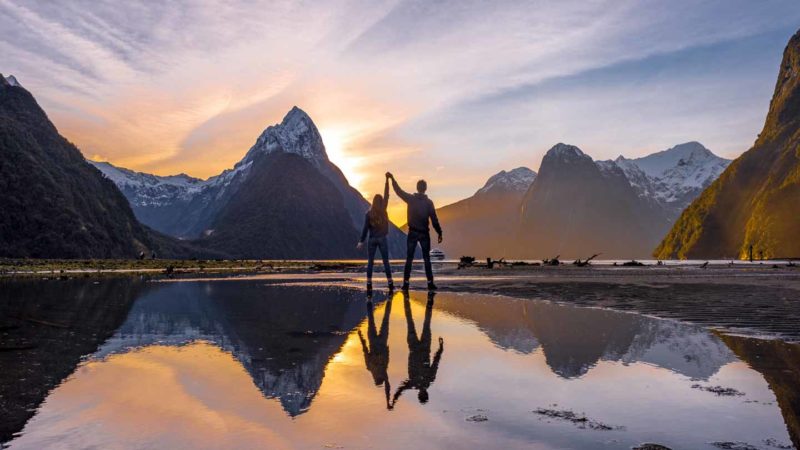As the world moved increasingly toward technology during the pandemic, many industries, for the first time, started to consider digital solutions for business problems caused by isolation or social distancing. Everyday life started to move online – from gym classes to business meetings and food delivery – and online business was booming. Tourism was slow to catch on to this trend, which is unsurprising, as the need to be physically present in a destination or experience is the core of most tourism offerings. New solutions were briefly explored, but were slow to take off. Then they slowly receded into the background as 2021 brought a push to try and restart global tourism.
After two years in isolation, something different was happening down under. New Zealand and it's pacific neighbors were fortunate to have some of the lowest death rates in the world, but that was only achievable by completely closing off physical access to the country to visitors. For a country that relied on tourism as it's biggest export industry, the impact was immense. Businesses relied on government support to survive, and many were forced to close their doors for good. Unable to make any money, traditional tourism companies started to look to alternative ways to create an income; they started to turn to technology.
An unlikely group of academics, tour operators, digital agencies and passionate individuals started to group together and search for a solution. If physical access to international tourism is impossible, how can we create a new form of tourism? How can we use technology to bring our products to the world, without them being able to come here?

This question led to the formation of many new businesses and products within the New Zealand tourism industry. Michael Nees of Virtual Journeys NZ is encouraging the tourism industry to use digital innovations and technology to meet the high demand for visitor experiences in Aotearoa New Zealand. The aim is to use virtual, mixed, and augmented reality. With his 30 years inbound tour operator, Michael has seen many changes.
“Virtual reality technology has the ability to transform our economy in the same way that the advent of the internet in the 1990’s did. We are moving from current website developments to virtual tourism experiences. Early adopters of this technology will reap the benefits and it’s important that New Zealand doesn’t get left behind, especially given our distance from visitor markets.”
This story is not limited to just virtual reality, many other businesses started to explore new opportunities created in this space by technology. Traditional tour operators have now started to look towards the internet as a new source of income. Led by Harld Bettin of Online Travel Masters, New Zealand tour operators banded together on their mission to make New Zealand the number one online destination in the world. They are well on their way to achieving that goal, with a number of operators including Ridgeline Adventures and Aroha Tours, already starting to see the benefits of these additional offerings.
Others like Yonder, are looking into how technology can help to improve tourism customer service using new software solutions powered by A.I. Their platform, which includes chatbots, surveys and review management, has shown up to 250 hours of time saved by staff each month, and a 10% increase in website sales for its customers.
Although New Zealand is making great progress, some challenges remain. The last event held by VEXPLORE, which brought over 50 attendees from the tourism and technology industries together for the first time, showed that lack of education and awareness are the main issues preventing tourism businesses from taking full advantage of the benefits of technology. The next challenge will be to change how people think about technology, making sure that tourism doesn't get left behind as the rest of the world moves quickly into, and beyond, the digital age.

